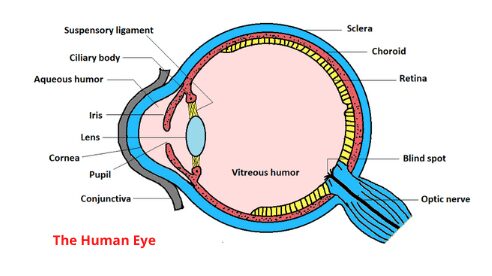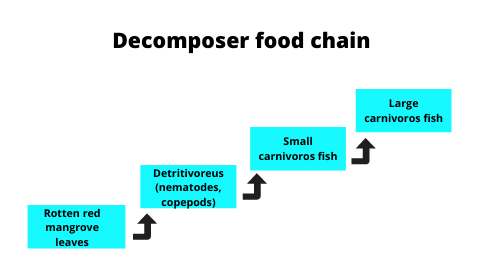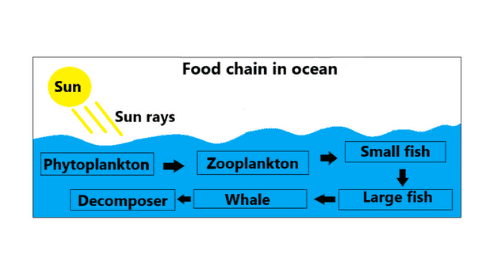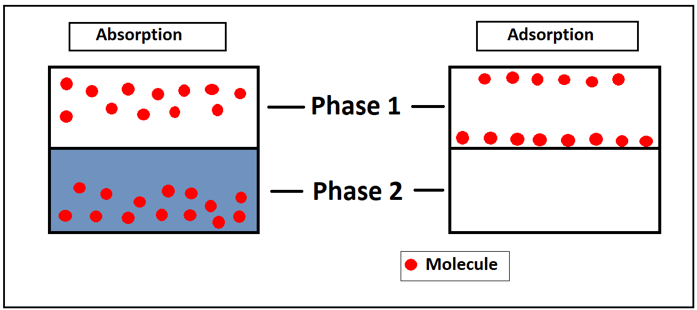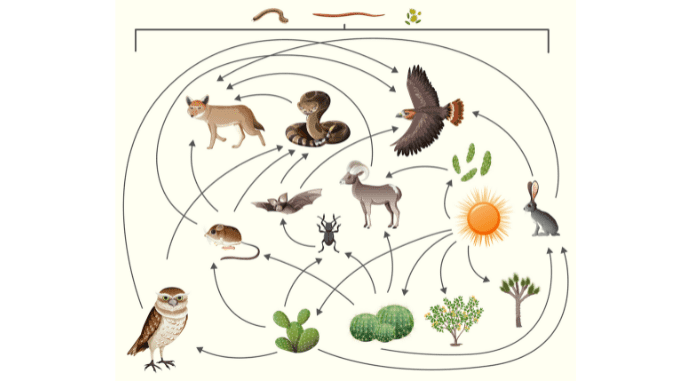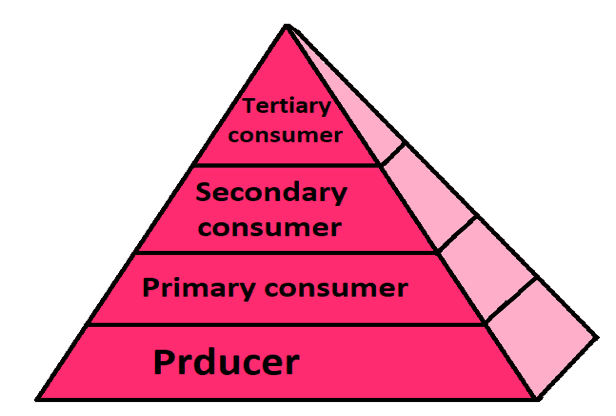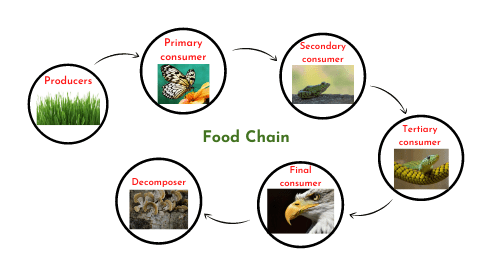The human eye: structure and function
Introduction There are various species of animals in this world. Every animal has a number of organs that collect special stimuli from the environment and transmit them to the brain through specific nerves. All these organs are called sense organs. The five special sensory organs of the human body are the eye, ear, nose, tongue, […]
The human eye: structure and function Read More »

